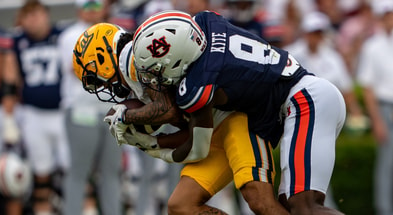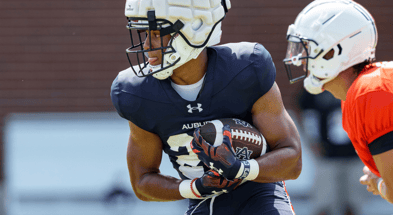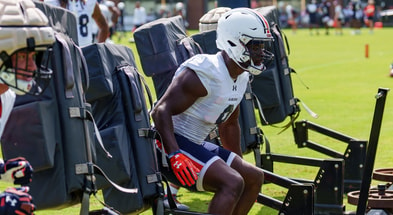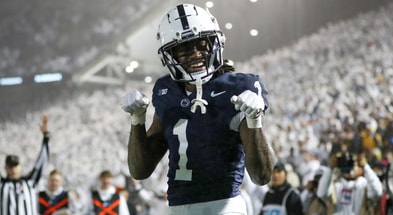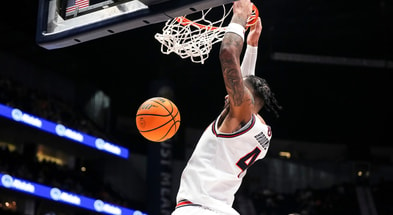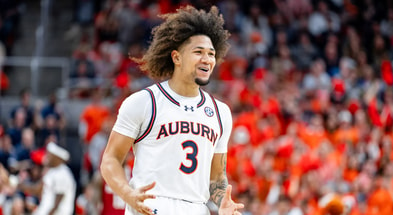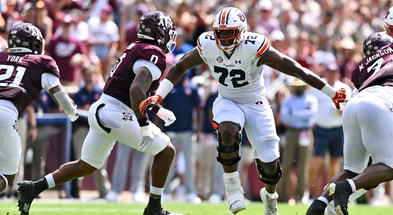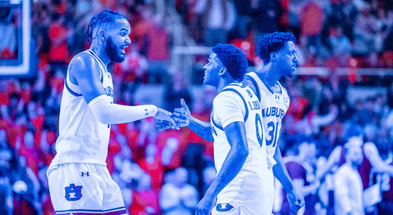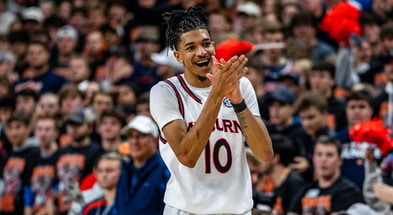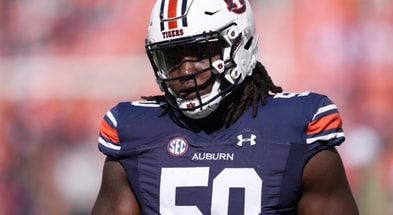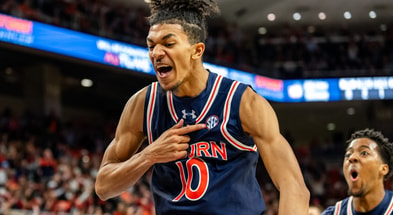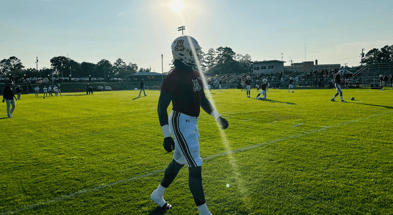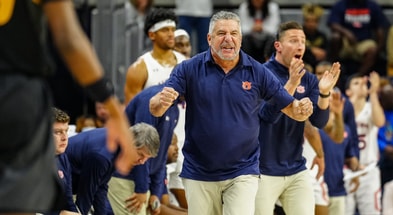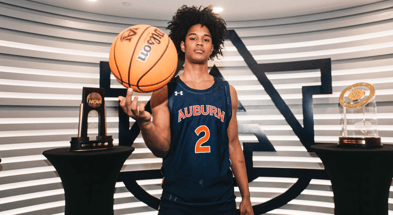The Auburn Live Morning Reads: July 5

Good morning, Auburn fans, and welcome to the Morning Reads. Every day, we’ll cover news, notes and analysis from across Tigers’ athletics, and the sporing world. Join us each morning to get caught up on everything you missed in the world of Auburn football, recruiting, basketball, baseball and much more in Morning Reads.
Are you subscribed to Auburn Live yet?
Are you ready to get all your latest Auburn news in one place? Become a member of Auburn Live today. With your Auburn Live/On3+ membership, you’ll not only have access to the everything that’s happening with the Tigers, but you’ll also be able to peruse other fan sites within the network to hear just how rivals are feeling about Auburn, as well. Make sure to follow along on Twitter.
Quality football recruiting, so far
Yes, Auburn only has four commitments. And yes, they probably wish they had a few more.
But, following On3 Consensus 4-star running back Jeremiah Cobb and receiver Karmello English pledging to the Tigers this week, Auburn’s average rating now sits at 90.75 between Cobb, English, Terrance Love and Bradyn Joiner.
There are exactly six programs in the country right now with a better average rating: Alabama (92.17), Ohio State (91.85), Notre Dame (91.57), Georgia (91.50), Texas A&M (91.30) and USC (90.87). And A&M has just one more commitment than Auburn at the moment.
There’s a long way to go, but you can’t argue with the quality of the prospects that have pledged to Auburn thus far.
Auburn football intel
SEC, Big Ten headed for their own playoffs?
College football writer Bruce Feldman thinks it’s possible.
Amid the great conference realignment that will ensue over the next several seasons in college athletics, Fox Sports’ Bruce Feldman proposed an idea that could turn college football on its head forever.
“The thing to to keep an eye on is when Greg Sankey, the SEC Commissioner, a couple of weeks back, kind of made some rumblings about how maybe they could have their own playoff just among SEC schools,” Feldman said on a recent episode of The Rich Eisen Show. “Now, the idea that maybe the Big Ten and the SEC – the expanded Big Ten, the expanded SEC – could have their own playoff would have a lot more credibility now that you’re basically looking to 30 to 35 schools.”
One interesting concept for this proposal by Feldman could see the respective winners of the SEC East and West divisions take on the winners of the Big Ten East and West divisions in a four-team bracketed, single-elimination format similar to the College Football Playoff.
Top 10
- 1New
Big 12 title game scenarios
ASU in, 3 teams with clear path
- 2
Colin Simmons double bird
Texas standout calls out A&M lineman
- 3
SEC Championship Game
Texas-Georgia rematch for SEC title
- 4
Norvell chucks Florida flag
FSU HC heated after Gators planted flag
- 5
Bama trolls Auburn LB
Demarcus Riddick comments resurfaced
Early NIL data favors social media, football
Last Friday marked the start of the second year of the NIL era at the NCAA level, so there’s now one year of data available in the emerging industry. Two of the leading NIL software and technology providers, INFLCR and Opendorse, recently released data from the first year of transactions on their respective platforms.
A number of factors prevent the compilation of an industry-wide data set of all NIL activities, including the presence of competing NIL marketplaces, software and compliance companies that segment the market of NCAA member institutions and athletes. Plus, not every NIL activity is disclosed to a university or through the third-party platform.
INFLCR released its transaction data on a month-by-month basis. The top transaction type was social media each month, peaking in February at 72.8 percent of all transactions. Roughly two-thirds — 67.6 percent, to be exact — of the NIL activities facilitated or disclosed through Opendorse between July 1, 2021 and June 20, 2022 were classified as “posting content.”
Football players earned roughly half of the compensation from NIL activities that were facilitated or disclosed on Opendorse. They earned roughly three times more than men’s basketball players — 49.9 percent of all compensation compared to 17 percent, respectively. Of course, given the size of college football rosters, transaction data that compares individual sports should overwhelmingly favor football.





